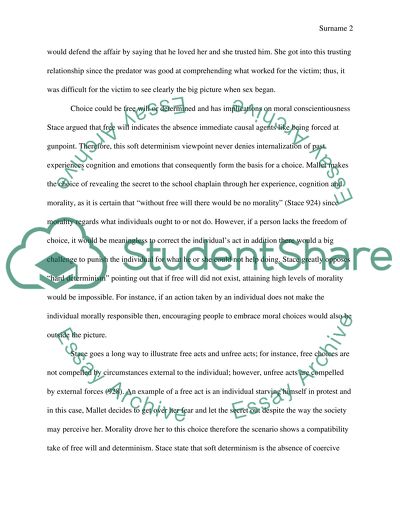Cite this document
(“How Free is the will of the individual within Society Research Paper”, n.d.)
Retrieved de https://studentshare.org/english/1476426-how-free-is-the-will-of-the-individual-within
Retrieved de https://studentshare.org/english/1476426-how-free-is-the-will-of-the-individual-within
(How Free Is the Will of the Individual Within Society Research Paper)
https://studentshare.org/english/1476426-how-free-is-the-will-of-the-individual-within.
https://studentshare.org/english/1476426-how-free-is-the-will-of-the-individual-within.
“How Free Is the Will of the Individual Within Society Research Paper”, n.d. https://studentshare.org/english/1476426-how-free-is-the-will-of-the-individual-within.


